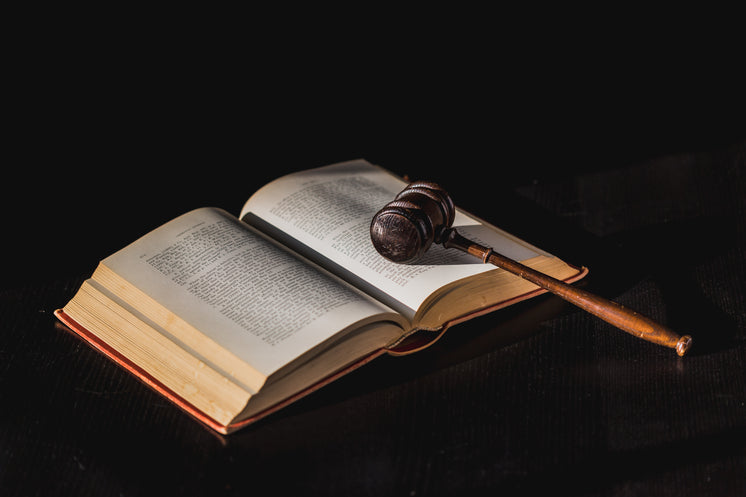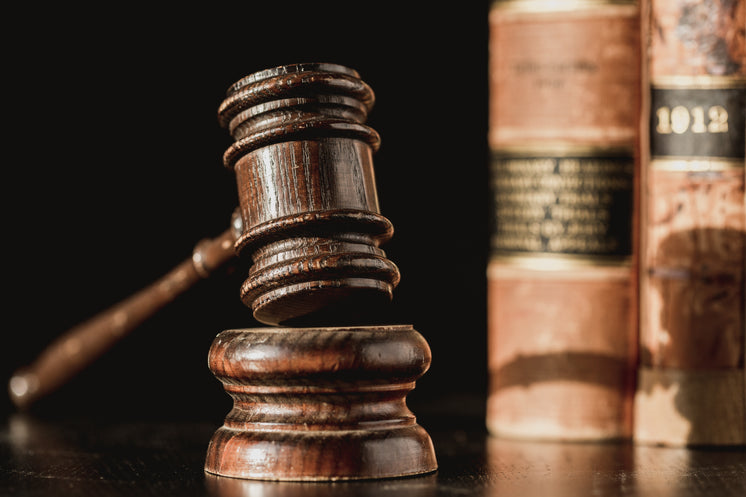
bridgettquinn
About bridgettquinn
The legal framework in the United Kingdom is built on a rich tradition of judge-made law, combined with legislation passed by the UK Parliament.

Recently, there have been efforts to address these challenges and improve access to legal aid. Various advocacy groups, including law societies, have called for a restoration of funding and a broader understanding of what constitutes a ”fair” trial. There have been calls for the expansion of legal aid in areas such as housing, education, and mental health, where many individuals are unable to afford necessary legal services. If you have any queries regarding exactly where and how to use Colorado lawyer marketing, you can contact us at our page. These calls highlight the importance of legal aid not only in ensuring fairness but also in promoting social justice.

While the UK prides itself on having a reliable legal system, mistakes do happen—and their consequences can be devastating. From wrongful convictions to procedural blunders, the impact of legal errors is felt by individuals, families, and society as a whole.
From the High Court of Justiciary to the Justice of the Peace Courts, Scotland’s legal system reflects centuries of tradition alongside ongoing reform. As legal questions grow increasingly complex in areas like technology, constitutional law, and human rights, the Scottish courts remain at the forefront of delivering fair, efficient, and independent justice for all.
Legal professionals in England include solicitors, barristers, legal executives, and paralegals. Solicitors generally provide legal advice, prepare documentation, and represent clients in lower courts. Barristers specialize in advocacy and represent clients in higher courts. All legal professionals must be properly accredited through regulatory bodies like the Solicitors Regulation Authority (SRA) and the Bar Standards Board.
England, along with Wales, shares a unified legal jurisdiction known as the legal system of England and Wales. This system is globally recognised and has shaped legal traditions in many other countries through its roots in common law.
County Courts handle civil cases such as personal injury claims, family matters, landlord-tenant disputes, and breaches of contract. These courts are often the first point of contact for individuals involved in non-criminal legal disputes.
Understanding the court system is also important. Many people are unaware of how courts operate or what their rights are when involved in legal proceedings. Campaigns by legal charities and educational bodies aim to demystify the legal system and make it more approachable for the public.
Judicial reform in England have been a major focus in recent years. The government and the judiciary have invested in digital transformation to improve access to justice. Virtual hearings, online case filing, and remote participation have become more common, particularly since the COVID-19 pandemic.
The UK is made up of a quartet of countries: England, Wales, Scotland and Northern Ireland, and each has its individual legal system. England and Wales operate under a single system, while Scotland and Northern Ireland maintain independent traditions and procedures.
The Court of Appeal hears appeals from lower courts, ensuring consistency and fairness in legal judgments. The administrative side of the Court of Appeal requires effective coordination of appeal cases, which often involve intricate legal arguments and detailed procedural requirements. The Court of Appeal is primarily staffed by appellate judges who specialize in interpreting the law and hearing appeals from both civil and criminal cases.
Members of the judiciary are chosen through a rigorous process, and their independence from government is a key feature of the UK’s constitutional framework. Magistrates, who typically handle less serious cases, are often volunteers and not legally trained, whereas judges in higher courts are career professionals.
In England and Wales, the hierarchy of courts consists of a range of levels. At the bottom are the Magistrates’ Courts and County Courts. Magistrates’ Courts deal with less serious crimes, while County Courts handle non-criminal cases such as contract disputes.
A common type of mistake in the UK courts is the false conviction, where an innocent person is found guilty of a crime they did not commit. This can occur due to a range of factors: false witness testimony, unreliable forensic analysis, inadequate legal representation, or judicial bias.
No listing found.